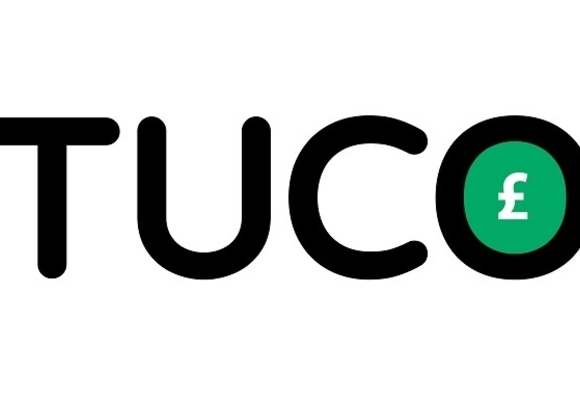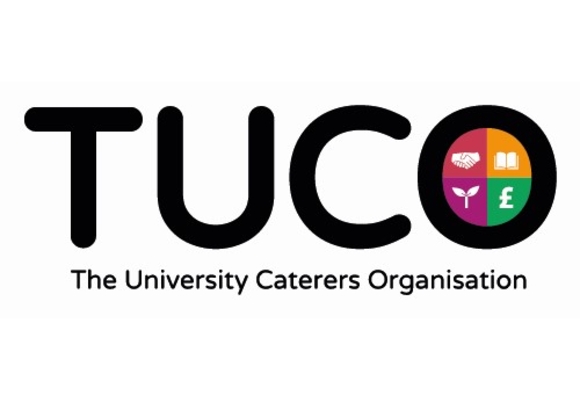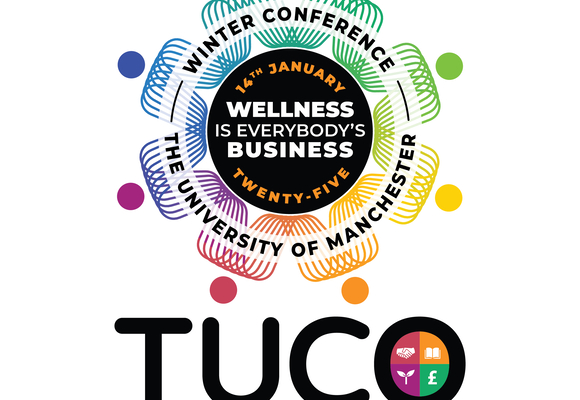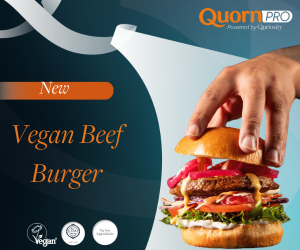It's easy to understand that better agricultural standards are better for the environment, the people who work in the supply chain and those who consume those products.
As university caterers, we shoulder a lot of responsibility to make the right decisions about the food we serve. We must lead the way in offering sustainable or, better still, regenerative food options. We need to be serving our local community, as well as serving great food to our staff and students.
Numerous schemes tell us where better agricultural practices are being employed. LEAF, Fairtrade, Rainforest Alliance, RSPCA assured, Organic, Free Range, Pasture for Life, Red Tractor-enhanced Welfare and Soil Association, to name a few.
Websites like Compassion in world farming and Campaign to protect rural England are helpful, too, as all go toward helping to make purchasing in an informed and ethical manner easier than ever.
However, these shorthand methods are not the only way. Start by talking to your suppliers. They can provide vast knowledge and expertise, from crop reports and farm visits to seeing who and where your chicken or carrots come from. You praise these products and work with your supply chain to find more local, seasonal produce.
It's not a simple one size fits all solution. The University of Bristol is a Fairtrade-certified university, but our coffee comes from Bristol's Clifton coffee roaster, about three miles from campus. They are not Fairtrade and have no intention of becoming Fairtrade. They have contracts with individual farms, and joining Fairtrade would mean cutting the amount they pay their farmers for their coffee, which would be bad for the farmer and the community they support. Bad for the farming standards they are currently paying a premium for and, ultimately, bad for your morning latte.
It's also important to consider whether to buy UK grown sugar-beet (Silverspoon) or grown sugarcane worldwide (Tate & Lyle). There is no wrong answer here, but we should be aware of the choices we are making. It's not as simple as choosing the latter's fairtrade option, as perhaps the British-grown, low carbon and sustainable option will suit you better.
Looking around your local area to see if you can find direct-to-market supply lines for eggs, milk, bread and flour will cut out the middlemen, provide a good deal for the local community, and support those employing better standards in the agricultural space while potentially saving you money.
It's not about moving your purchasing to the best standards you can find. That's great if you have the money, support and backing to do so, but it won't be possible for everyone. However small the change you make, the important thing is it's a step in the right direction. And these small steps should be celebrated as they add to huge changes across our industry.
Talk to your suppliers about what they can do to help. Waste in the supply chain is all of our responsibility. Have your suppliers deliver in as sustainable a way as possible. Returnable packaging is an easy win, as is reducing the number of weekly deliveries. Local small-scale suppliers can also be introduced to the big players, who can help them with logistics.
It's not an easy task, and we at Bristol are no further along this road than many of you. Better farming practices mean higher costs; higher costs need careful explaining. Take simple steps to move in the right direction slowly.









